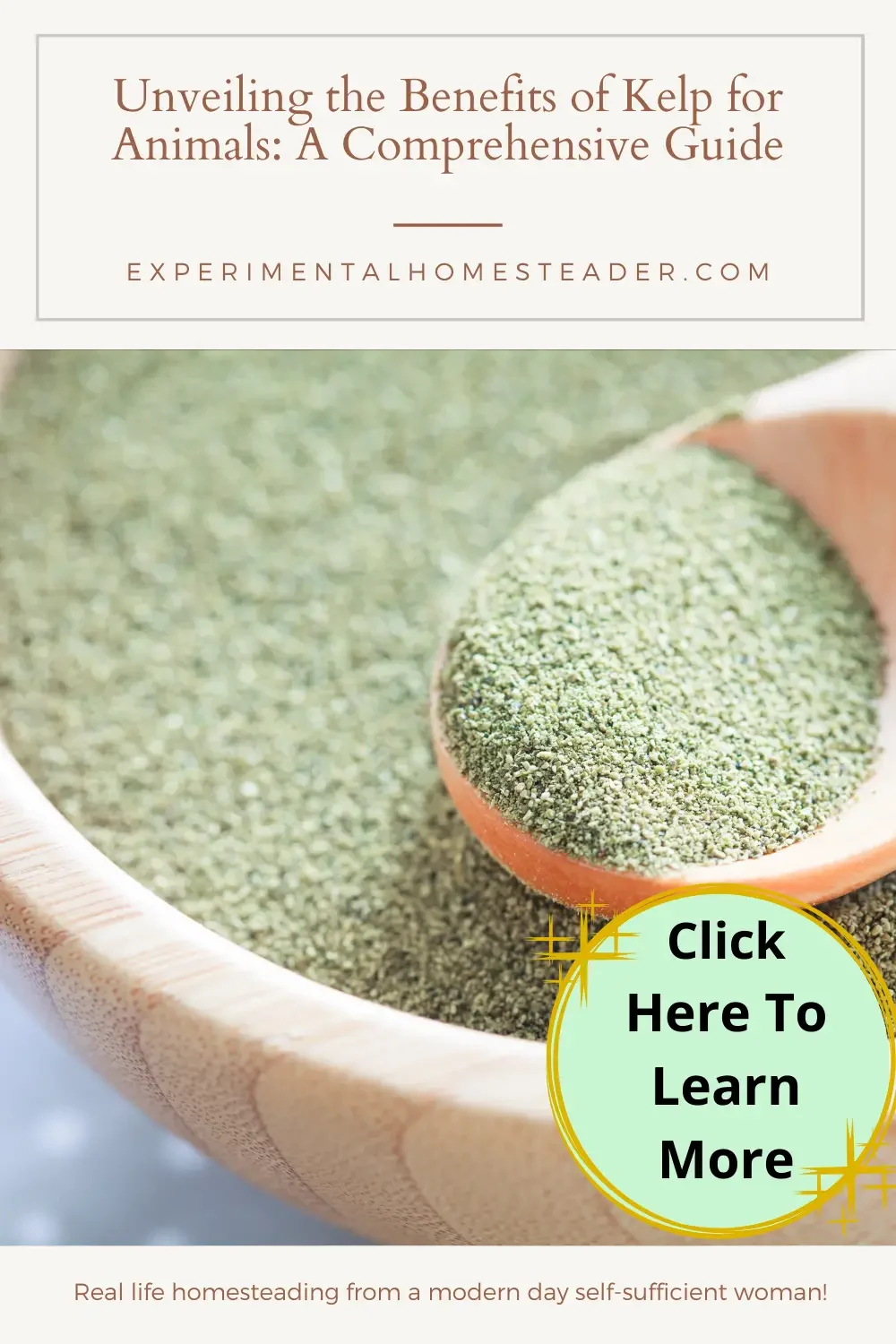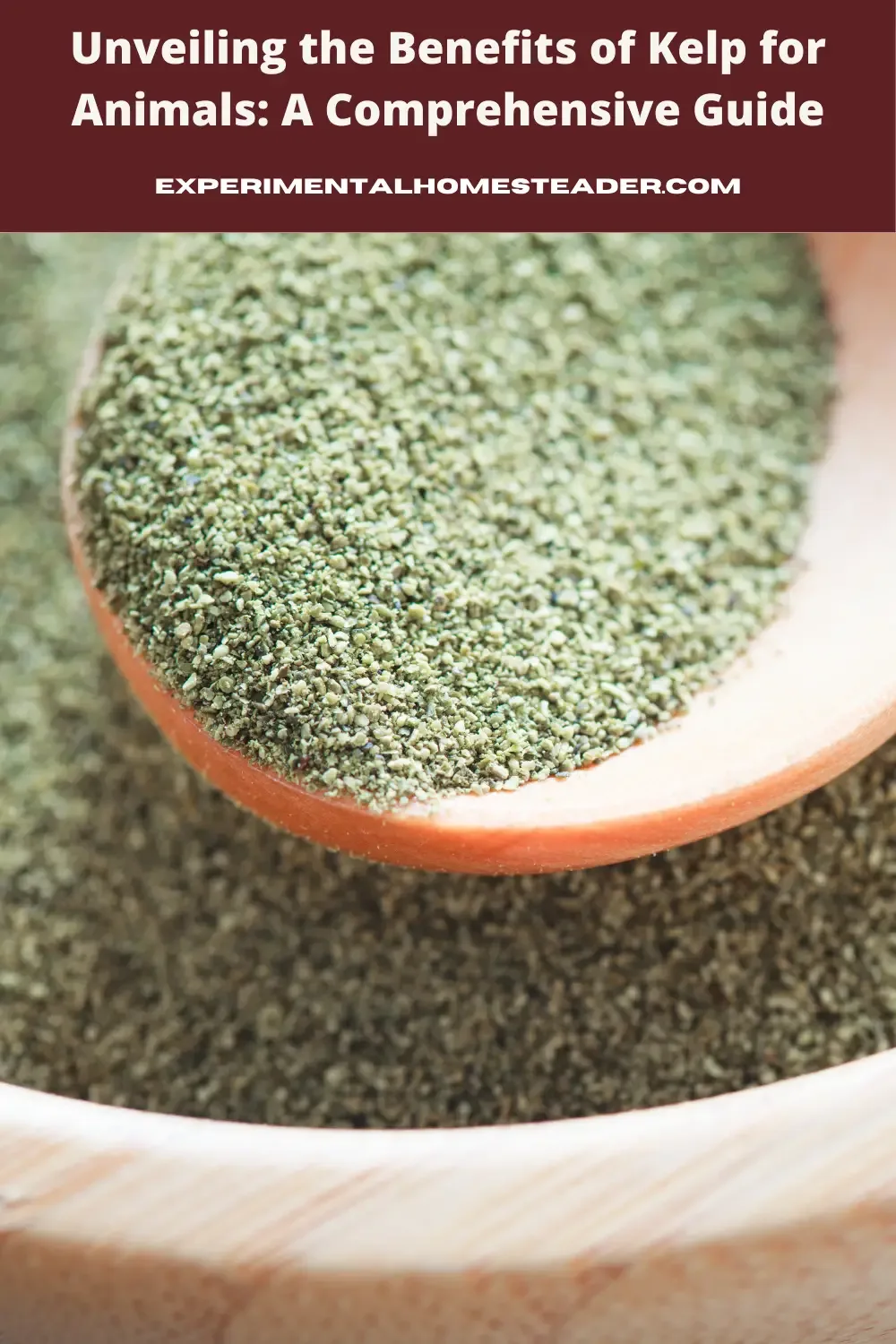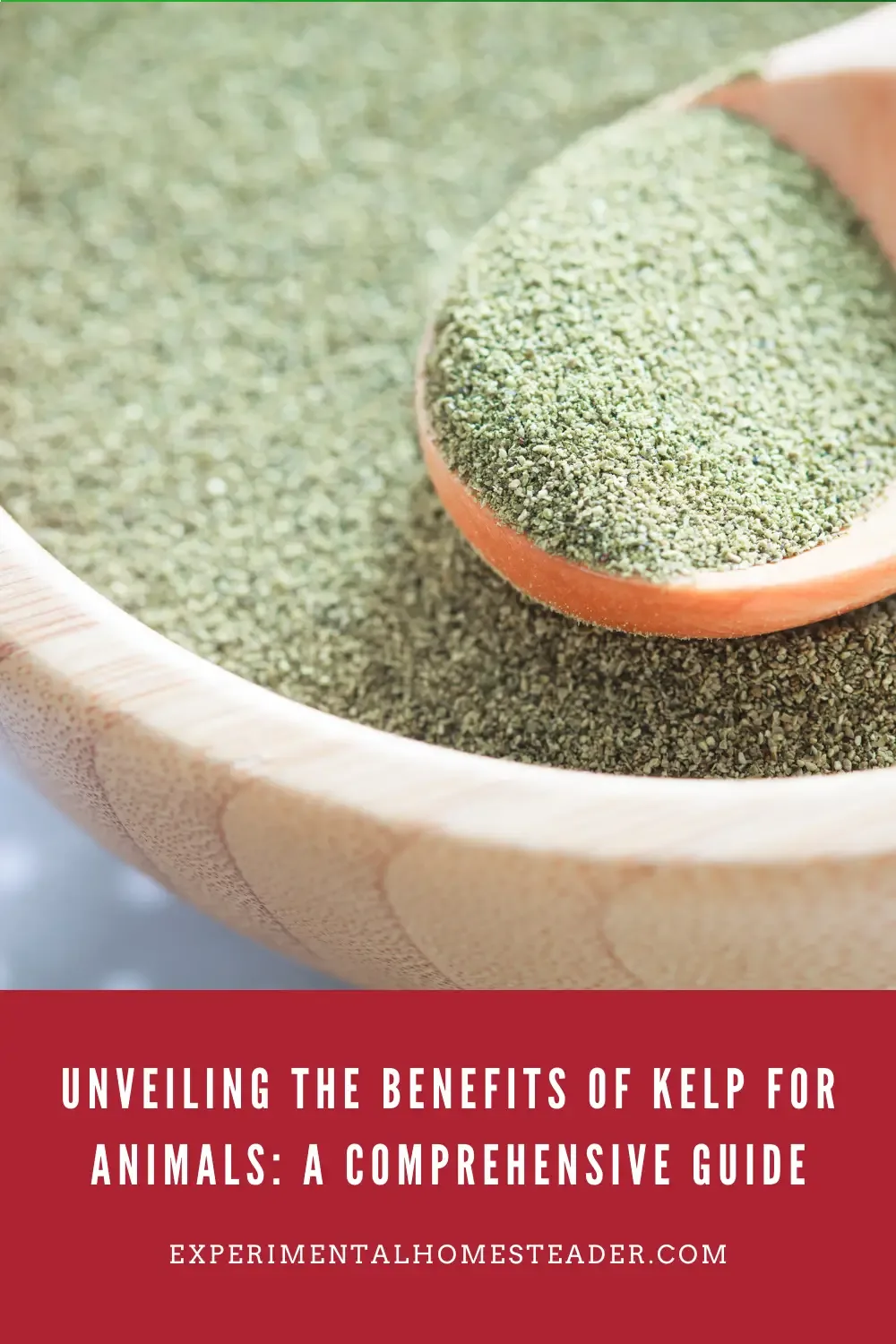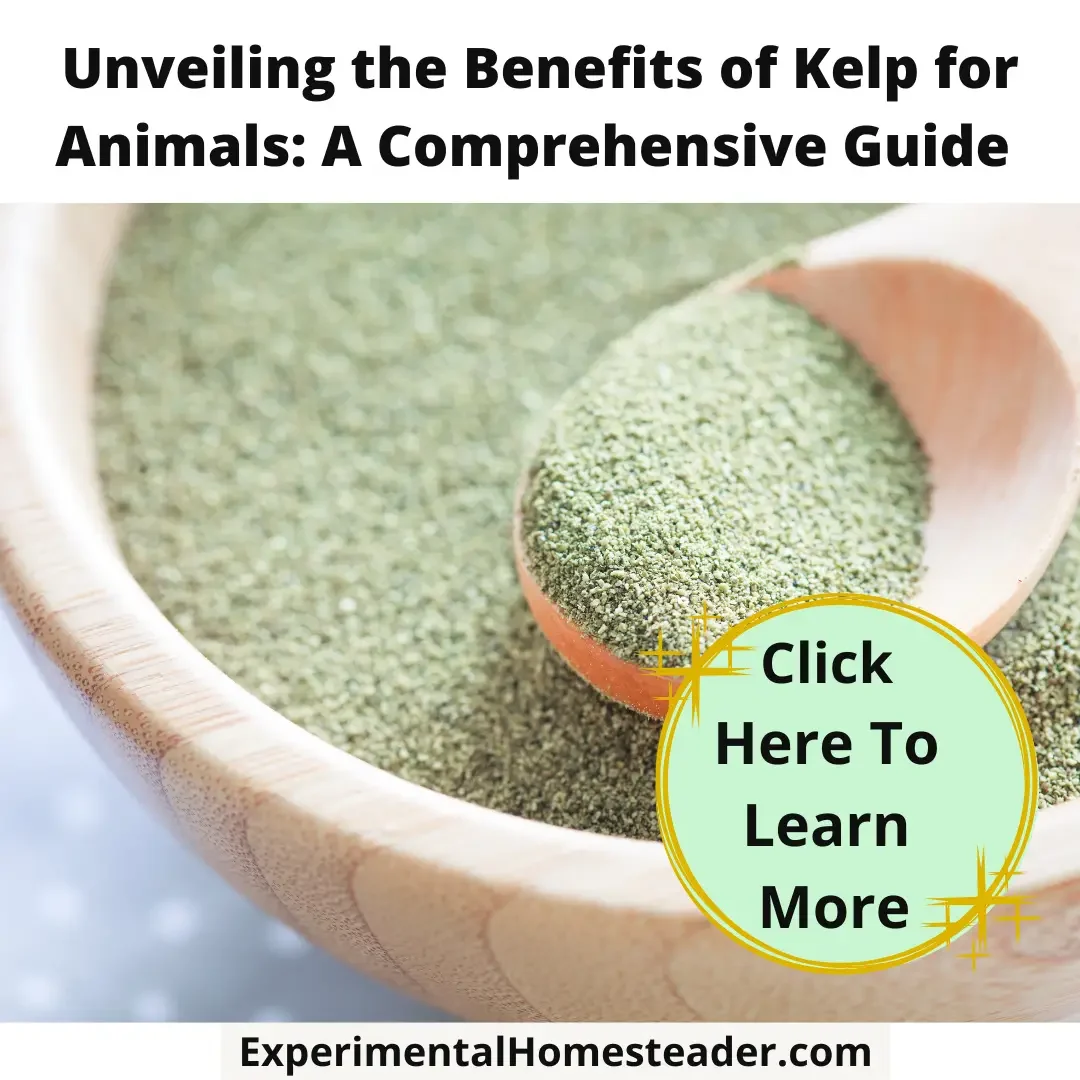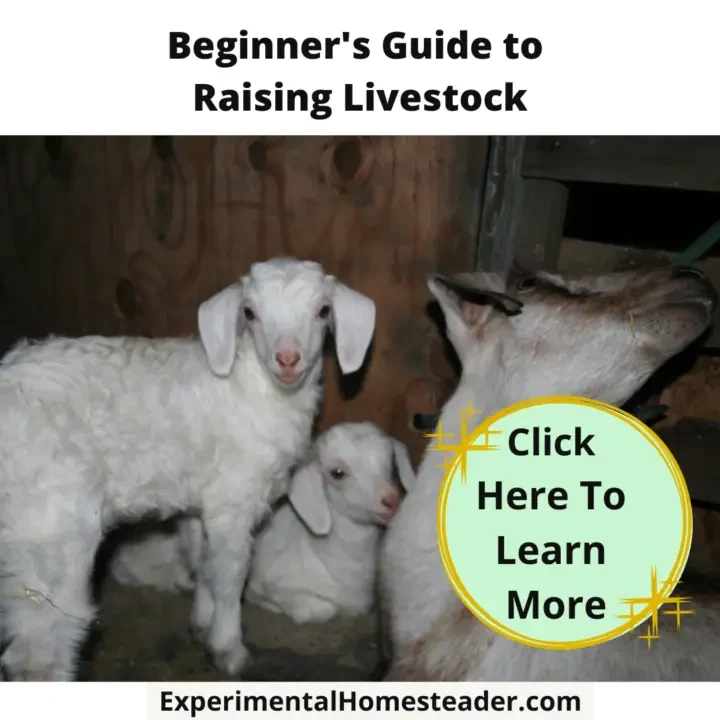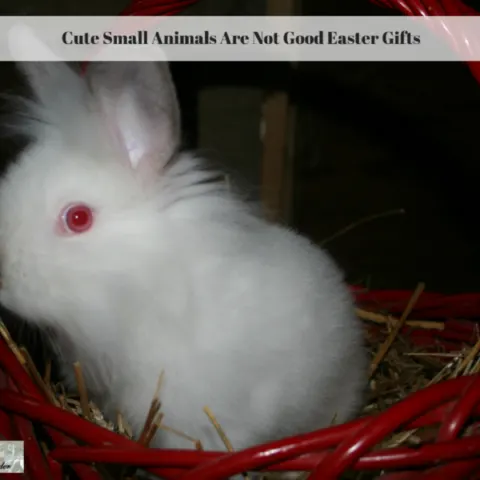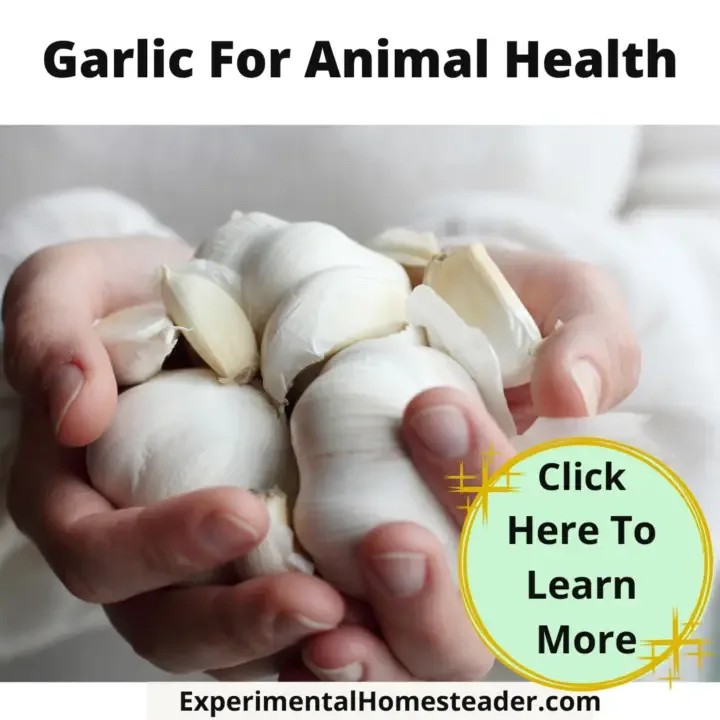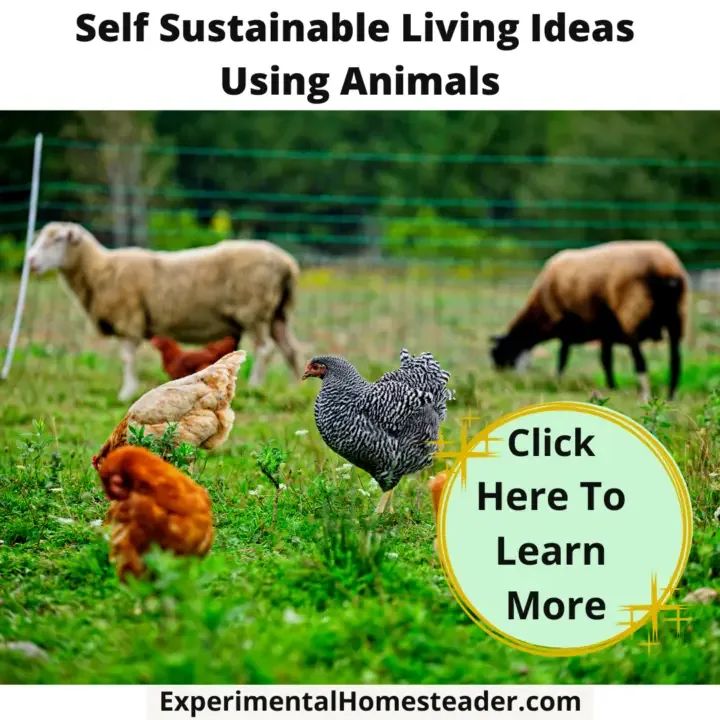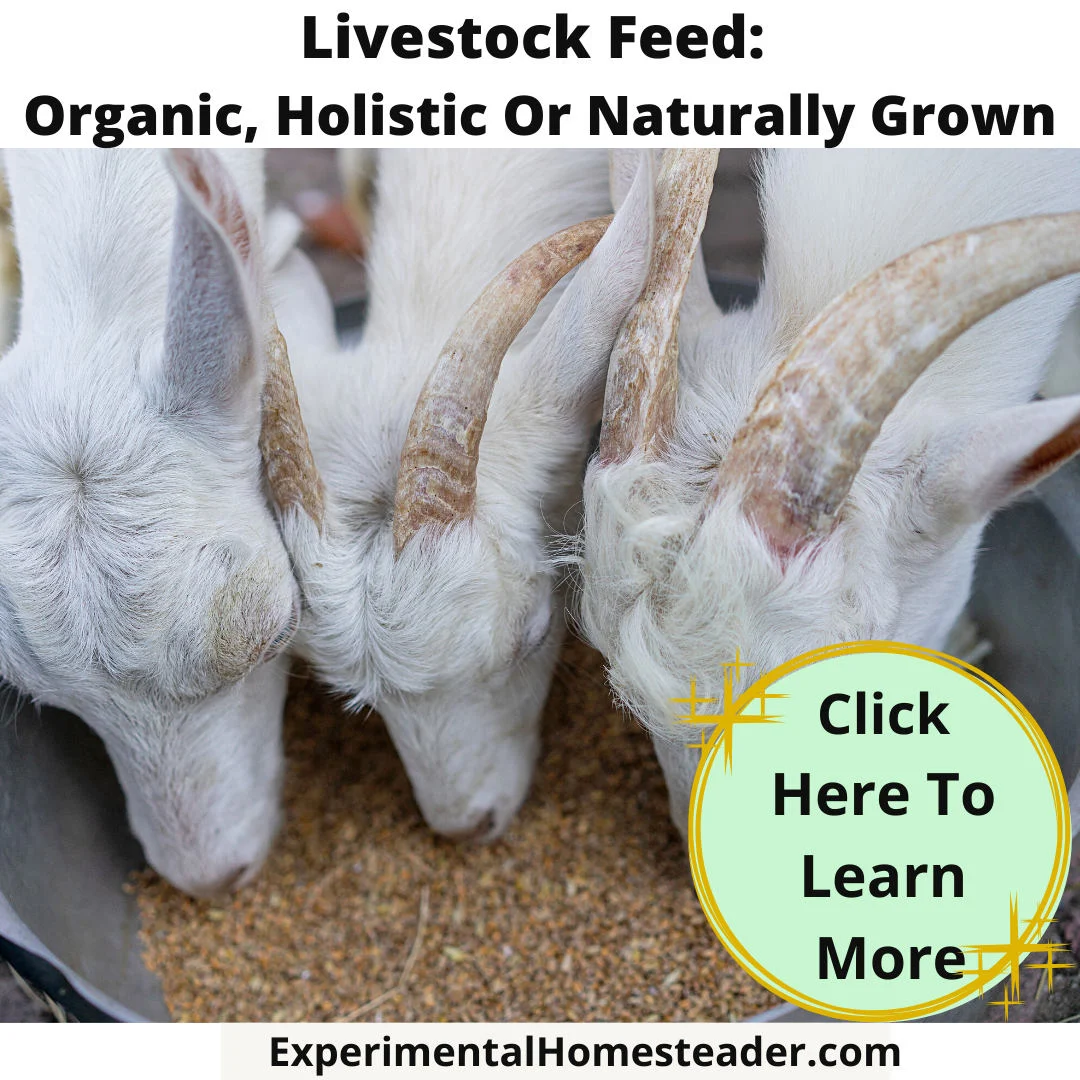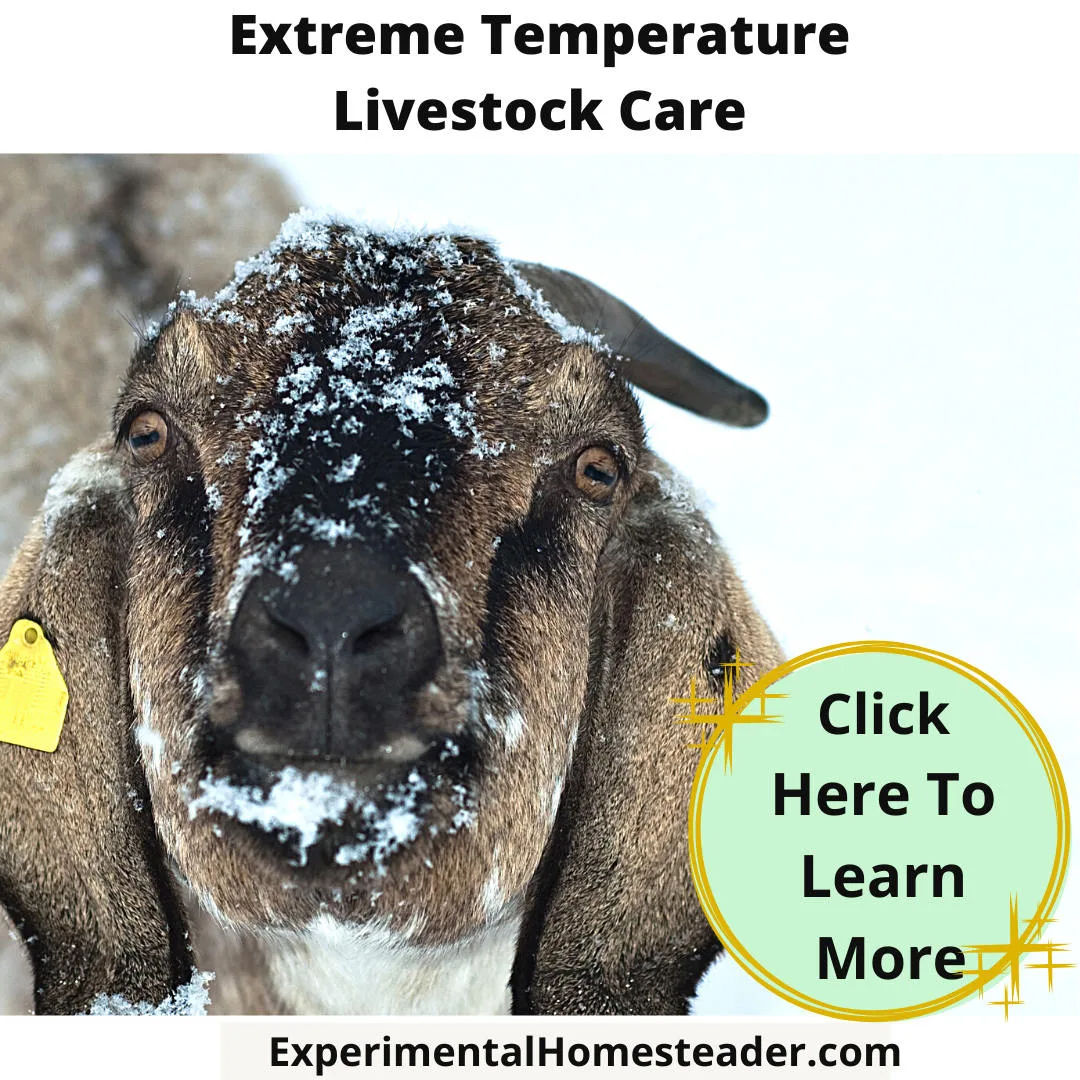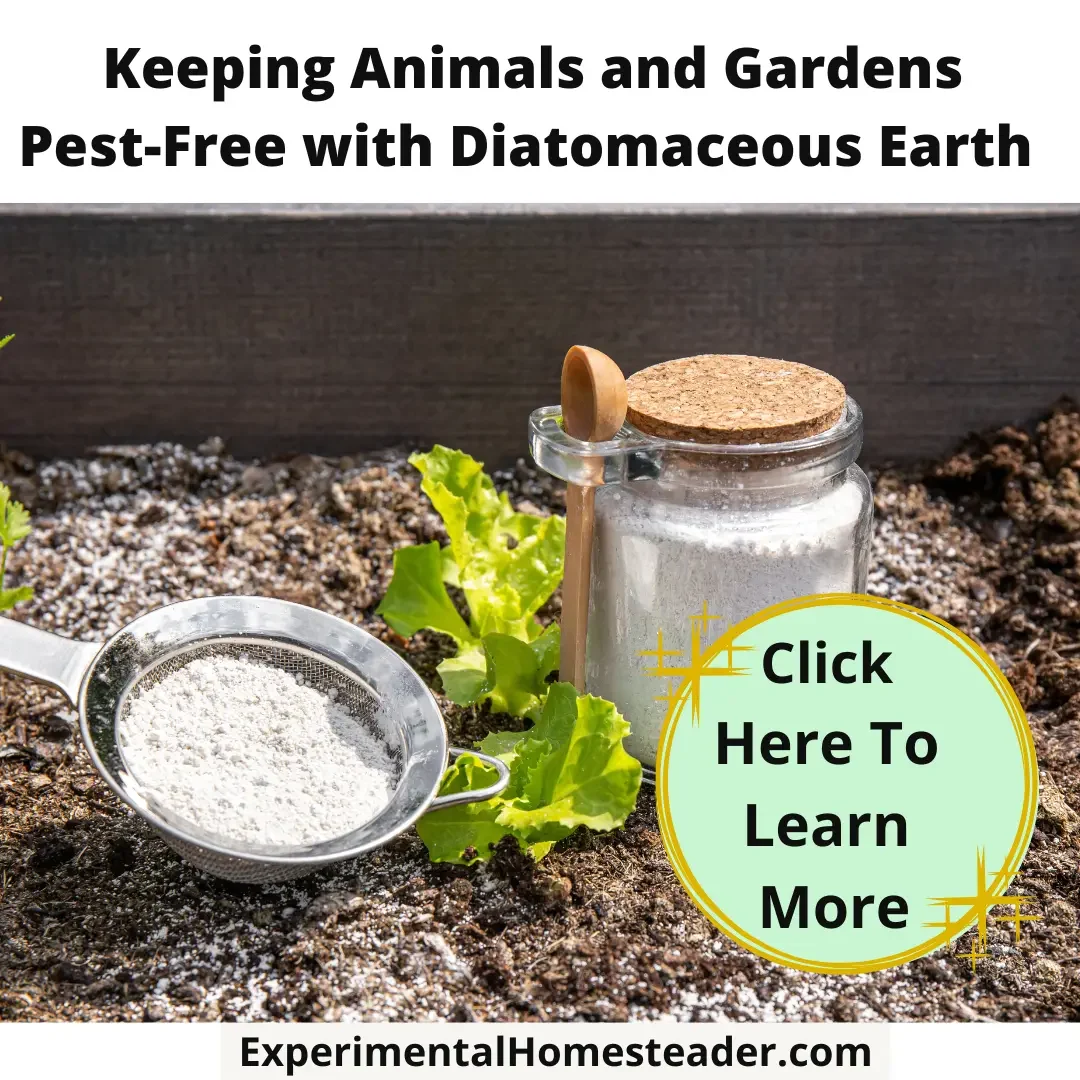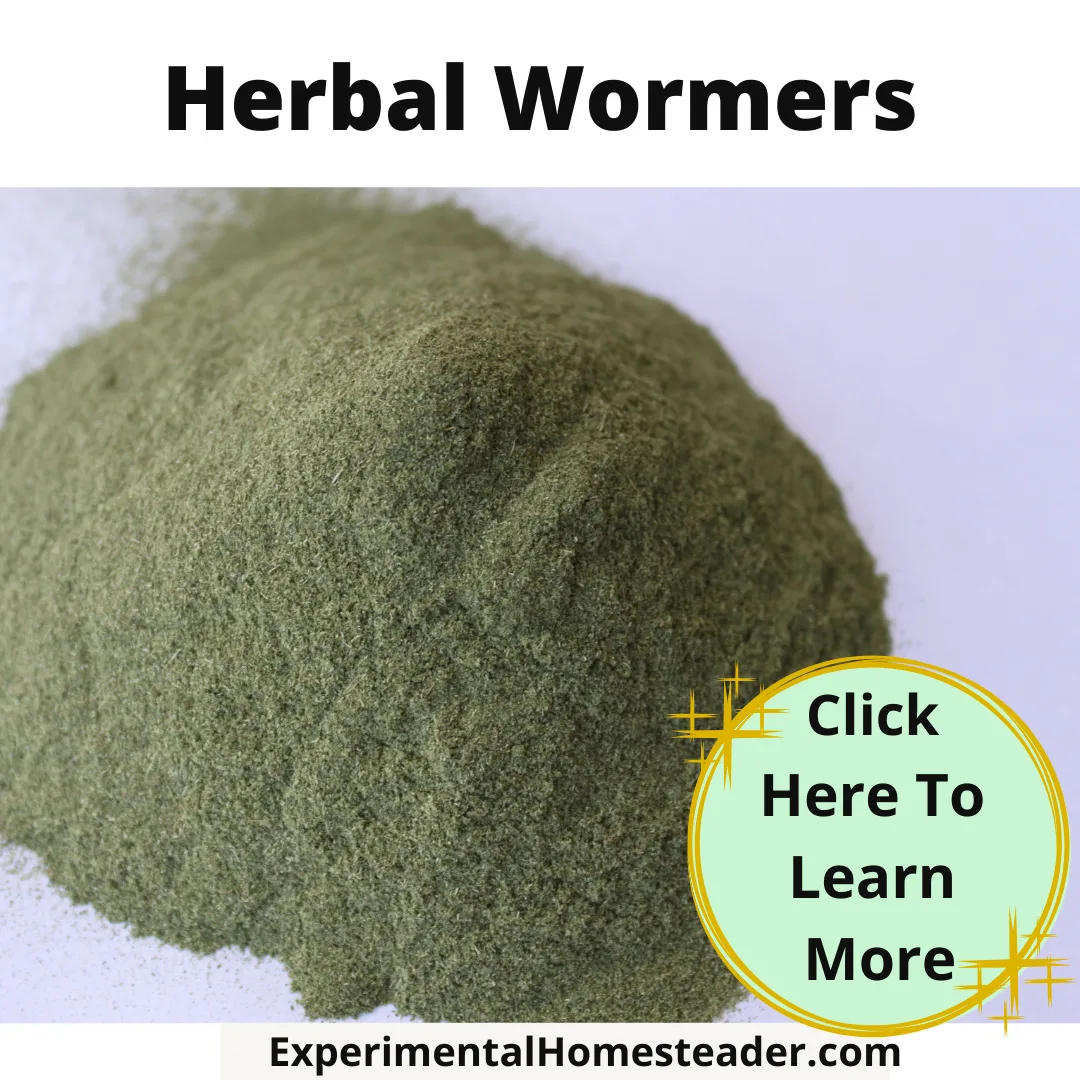We all know the importance of providing our animals with the right nutrition and ensuring our gardens thrive with the best fertilizers.
What if there was a single solution that could cater to both needs?
That’s where kelp steps in – a powerhouse derived from seaweed that goes beyond traditional mineral blocks and fertilizers.
Let’s dive into the world of kelp benefits, exploring its nutritional richness, safe consumption for animals and humans, its role as a garden fertilizer, and its impressive ability to prevent parasites in our beloved animals.
The Marvels of Kelp Nutritional Profile
Kelp isn’t just your average seaweed; it’s a treasure trove of essential nutrients.
Here is a little more about this amazing product.
- Vitamins Galore: Kelp stands out as a nutritional powerhouse, boasting an impressive array of vitamins. From vitamin A, essential for vision and immune function, to vitamin K, crucial for blood clotting, kelp delivers a comprehensive vitamin profile that supports various aspects of health.
- Mineral Abundance: Beyond vitamins, kelp is a rich source of essential minerals such as iodine, potassium, calcium, and magnesium. Iodine, in particular, is vital for thyroid function, and the well-balanced mineral content contributes to the overall vitality of your animals and the fertility of your garden soil.
- Trace Elements for Precision: Kelp doesn’t stop at major minerals; it also provides essential trace elements like zinc, copper, and selenium. These micronutrients play pivotal roles in enzymatic processes, immune function, and overall metabolic health for both animals and plants.
- Amino Acids for Protein Synthesis: Amino acids are the building blocks of proteins, and kelp delivers them in abundance. This is particularly beneficial for animals, supporting muscle development, immune function, and overall growth. The inclusion of amino acids in kelp makes it a well-rounded nutritional supplement.
- Alginates for Digestive Health: Alginates, found in kelp, contribute to digestive health. They are known for their ability to support a healthy gut environment, aiding in nutrient absorption and promoting optimal digestion in animals.
The remarkable nutritional composition of kelp goes above and beyond what conventional mineral blocks and fertilizers offer.
Its diverse range of vitamins, minerals, trace elements, amino acids, and alginates makes it a standout choice for those looking to provide comprehensive and balanced nutrition to both animals and plants.
By incorporating kelp into your homesteading practices, you’re not just supplementing – you’re nourishing in a way that promotes holistic health and vitality.
Safe for All: Animal and Human Consumption
The safety of kelp for both animals and humans stands as one of its most remarkable features.
This characteristic sets it apart from some mineral blocks that might harbor additives or undesirable elements.
Opting for a high-quality food-grade kelp ensures a pure and uncontaminated source of nutrition that you can confidently incorporate into various diets.
- Pure and Uncontaminated: Unlike certain mineral blocks that might raise concerns about additives, food-grade kelp undergoes rigorous quality checks. This guarantees a level of purity that is essential for the well-being of your animals and, importantly, for your own consumption.
- Versatility in Diets: Whether you’re considering the dietary needs of your goats, chickens, or even yourself, choosing food-grade kelp signifies a commitment to safe and beneficial nutrition. The versatility of kelp as a supplement ensures that it can be seamlessly integrated into diverse diets without compromising safety.
Embracing kelp as a safe dietary addition not only demonstrates a commitment to the health of your animals but also reflects a conscious choice for your personal well-being.
As we navigate the realms of animal husbandry and sustainable living, the safety and purity of kelp make it a standout choice for those seeking a reliable and wholesome nutritional supplement.
A Natural Boost for Your Garden
Kelp transcends its role as a nutritional powerhouse for animals; it’s a game-changer in the realm of natural garden fertilizers.
The minerals and nutrients packed within kelp offer more than just a boost for your plants – they contribute to a holistic approach to gardening that aligns with the principles of green and organic living.
- Soil Enrichment: The minerals present in kelp, including potassium, nitrogen, and phosphorus, work synergistically to enrich the soil. This results in a nutrient-dense foundation that fosters optimal plant growth.
- Robust Plant Growth: The benefits of kelp extend beyond basic fertilization. The unique composition of kelp ensures that your plants receive a well-rounded blend of essential nutrients. This not only promotes healthy foliage but also contributes to robust growth and vitality.
- Organic Living: As advocates of green and organic living, incorporating kelp into your gardening routine aligns with sustainable practices. Unlike synthetic fertilizers that may introduce harmful chemicals into the ecosystem, kelp provides a natural and eco-friendly alternative.
In essence, choosing kelp as a natural garden fertilizer isn’t just about enhancing the visual appeal of your garden; it’s about cultivating a sustainable and environmentally conscious approach to gardening.
By embracing the benefits of kelp, you’re not only investing in the well-being of your plants but also contributing to a healthier and more harmonious ecosystem.
Parasite Prevention: A Bonus Benefit
While the primary focus of incorporating kelp into your animal’s diet may be its nutritional richness, there’s an added bonus benefit that sets it apart – parasite prevention.
Kelp emerges as a valuable ally in the ongoing battle against parasites that can affect the health and well-being of your cherished animals.
The unique properties inherent in kelp play a pivotal role in creating an environment that actively deters parasites.
Unlike some traditional methods that may involve chemical interventions, kelp provides a natural and effective solution.
This holistic approach showcases the versatility of kelp, extending its influence beyond mere sustenance.
As you prioritize the care of your animal companions, integrating kelp into their diet becomes a holistic and preventive measure.
It’s not just about meeting their nutritional needs; it’s about fostering an environment that naturally safeguards your animals from potential health threats.
In the realm of homesteading and animal husbandry, kelp stands out as a comprehensive solution, addressing both immediate and long-term well-being concerns.
Dosage Guidelines: Tailoring Kelp for Different Animals
Understanding the right dosage is key to unlocking the full benefits of kelp for various animals.
Here’s a handy chart to help you tailor your approach:
Cows
- 1% to 2% of their total feed ration.
Poultry (except turkeys)
- 1% of their total feed ration.
Turkeys
- 2% of their total feed ration.
Horses
- ½ ounce per day.
Sheep
- 2% of their total feed ration.
Goats
- Offer it free choice.
Pigs
- Offer it free choice.
By customizing the dosage based on the specific needs of each animal, you ensure they receive the optimal nutrition from kelp, fostering their well-being and vitality.
Choosing Quality: The Importance of Food-Grade Kelp
To fully embrace the benefits of kelp, it’s crucial to select a high-quality food-grade product.
This ensures that you are providing a clean and uncontaminated source of nutrition to your animals and gardens.
Quality matters, and investing in a reputable food-grade kelp guarantees the well-being of your animals and the success of your garden.
Embracing the Versatility of Kelp
In the world of homesteading, finding versatile solutions is key.
Kelp emerges as a hero, offering a natural, nutritious, and safe option for both animals and gardens.
Once we started using kelp on our homestead and offering it to our animals, we saw a dramatic improvement in the growth of the plants, roses and tomatoes love it, as well as healthier livestock.
As you embark on your homesteading journey, consider integrating kelp into your routine – a small step that can lead to significant benefits.
From enhancing animal health to promoting vibrant gardens, kelp stands as a testament to the wonders of nature we can harness for a more sustainable and thriving lifestyle.
So, here’s to unlocking the potential of kelp – a seaweed sensation that brings health, vitality, and balance to our homesteading adventures!
Guide to Raising Livestock
Beginners Guide To Raising Livestock
Ready to start raising livestock on your homestead? Get the insights you need with this Beginner's Guide to Raising Livestock.
Cute Small Animals Are Not Good Easter Gifts
Cute small animals are often brought home as Easter gifts. Consider the animal welfare issues before doing this and remember cute small animals grow up.
Self Sustainable Living Ideas Using Animals
Animals are a great way to help you achieve your self sustainable living ideas. Learn what animals are best for your self sufficiency plan.
Diatomaceous Earth
Use Diatomaceous Earth to your homestead's & animals' advantage – a naturally composed, flea-repelling & pest-control preventive asset.


